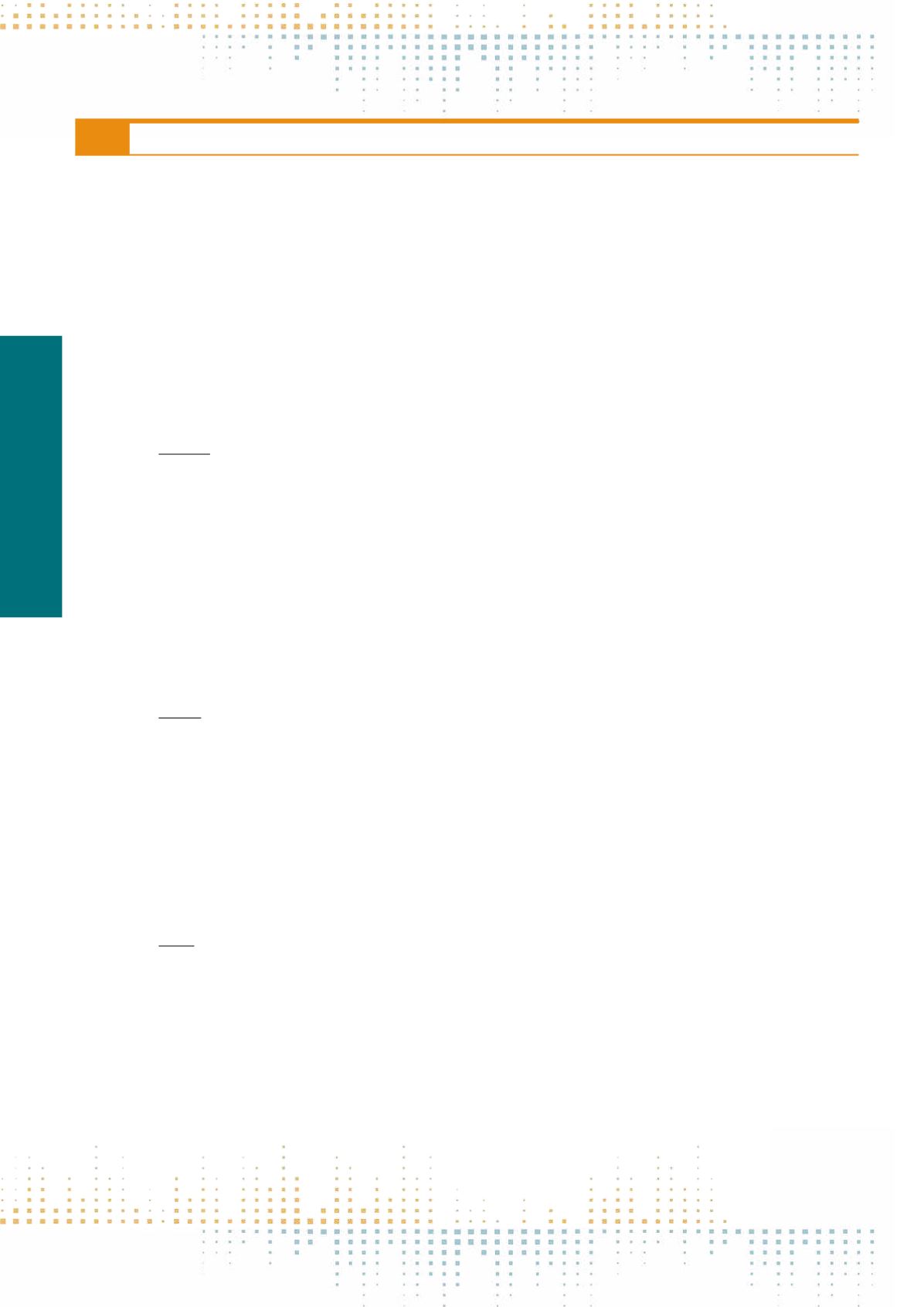

638
Friday, November 11
0 9 : 0 0 – 1 0 : 3 0
SPC06
ACS Special Panel: Reconceptualising Copyright
J. Adema
1
1
Coventry University, Coventry, United Kingdom
This panel presents three areas of research where some of the most interesting reconceptualisations of copyright are currently taking place: critical race
studies, piracy, and academic publishing. The papers in this panel go back to the roots of copyright, exploring the racial biases and commercial enclo‑
sures underlying this regime. They critically analyse, challenge and rethink the discursive framework supporting copyright by, among others: identifying
the specific European conceptions of authorship, creativity, and property underlying copyright; by establishing an ethnography of the politics underlying
the guerrilla open access movement’s (re)framing of book piracy; and by examining some of the new experimental scholarly publishing practices currently
disrupting hegemonic academic copyright regimes. The papers in this panel will argue that in order to bring about change in the field of IP, a reconceptu‑
alization of (or indeed, even a move beyond – if at all possible) copyright would need to address the entrenched idea of culture as object and commodity,
ongoing restrictions on how cultural objects are currently shared and distributed, and issues around how the individualised humanist author is perceived
foremost as a proprietal subject. This not so much with the intent towage war on or to destroy copyright necessarily—or in all contexts—but first of all to
emphasise the value of different forms of creating and creativity; forms that are collaborative, non-commercial, communal, experimental, and processual,
and which have the potential to promote different legal systems, moving beyond a neoliberal capitalist framework.
PN 193
Creating While Black: Notes on the Racial Biases of Copyright Law
G. Rodman
1
1
University of Minnesota, Minneapolis, USA
This paper will examine the philosophical roots of Western copyright law, with a specific emphasis on how those core principles cement multiple racial
biases into the foundation of our legal and cultural understandings of copyright. To be sure, the law formally recognizes people of any and all races to be
authors, as long as those people produce original works that meet a particular set of standards for what can legally be copyrighted. But those are far from
neutral. They privilege individual creative practices over collective forms of cultural production. They provide legal protection -- and economic value -- for
some facets of a work (e.g., lyrics, melody, harmony) but not others (e.g., rhythm, meter, timbre). They require authors to have access to specific recording
technologies (insofar as a work has to exist in a “fixed” form in order to be copyrighted) that are not always evenly distributed across the population. All
of these are racialized biases, insofar as they are rooted in specifically European conceptions of authorship, creativity, and property: notions of individuality
from the Enlightenment, notions of originality from Romanticism, and notions of ownership from Lockean philosophy. Creative works that come out of oth‑
er contexts (especially communal, folk, and oral traditions) receive second-class treatment from such a system (assuming that they are recognized at all)
-- and, as such, a wide range of cultural expressions associated with populations of color are denied full and equal protection under the law.
PN 194
The Ethics Of Emergent Research: Reconfiguring Copyright Through Experiments In Radical Open Access Publishing
J. Adema
1
1
Coventry University, Coventry, United Kingdom
This paper examines how a group of radical open access initiatives and organisations are currently, as part of their ongoing experiments with academic
publishing, reconfiguring what research is and how we can produce, disseminate and consume it. Doing so, these experiments directly disrupt the concepts
of intellectual property, moral ownership and copyright that underlie and frame the objects of academic publishing: books and their authors. In their
attempts to move beyond the book as object, research as a singular original endeavour, and knowledge as something that needs to be fixed down and
contained in order to be shared, these initiatives are simultaneously exploring potentially different legal systems—ones that are less integrally connected
to capitalism and to copyright as its main mechanism to commercialise research. Taking their inspiration from piracy, remix studies, uncreative writing,
anonymous personas, and artist book publishing, this paper explores how these open-ended, experimental academic writing practices function as materi‑
al-discursive interventions into the academic discourse on copyright.
PN 195
Custodians.Online – An Ethnographic Inquiry Into The Guerilla Open Access Movement
B. Bodó
1
1
University of Amsterdam, Institute for Information Law, Amsterdam, Netherlands
While contemporary digital book piracy has several drivers, commercial gain is usually not one of them. Instead, many of the largest and most prominent
illicit online text collections have grown to embody highly articulated, and often controversial (Bodó, 2016) political ideas. First expressed in Aaron Swartz’s
Guerilla Open Access Manifesto (Swartz, 2008), book piracy, especially in the scholarly communication domain is being (re)framed as a desperate but neces‑
sary, if not a noble act of resistance against the unjust commercial enclosure of scholarly knowledge (Bodó, forthcoming; Mars & Medak, 2015). The guerilla
open access librarians continue the politics of open access publishing by declaring war on copyright itself via the willful and blatant disregard of intellectual
property rights of authors and publishers alike. However, what makes these book pirates stand apart from the average internet copyright infringer is their
public, selective, and strategic application of copyright infringement as a political tool. Though many knowingly commit copyright infringing acts while



















